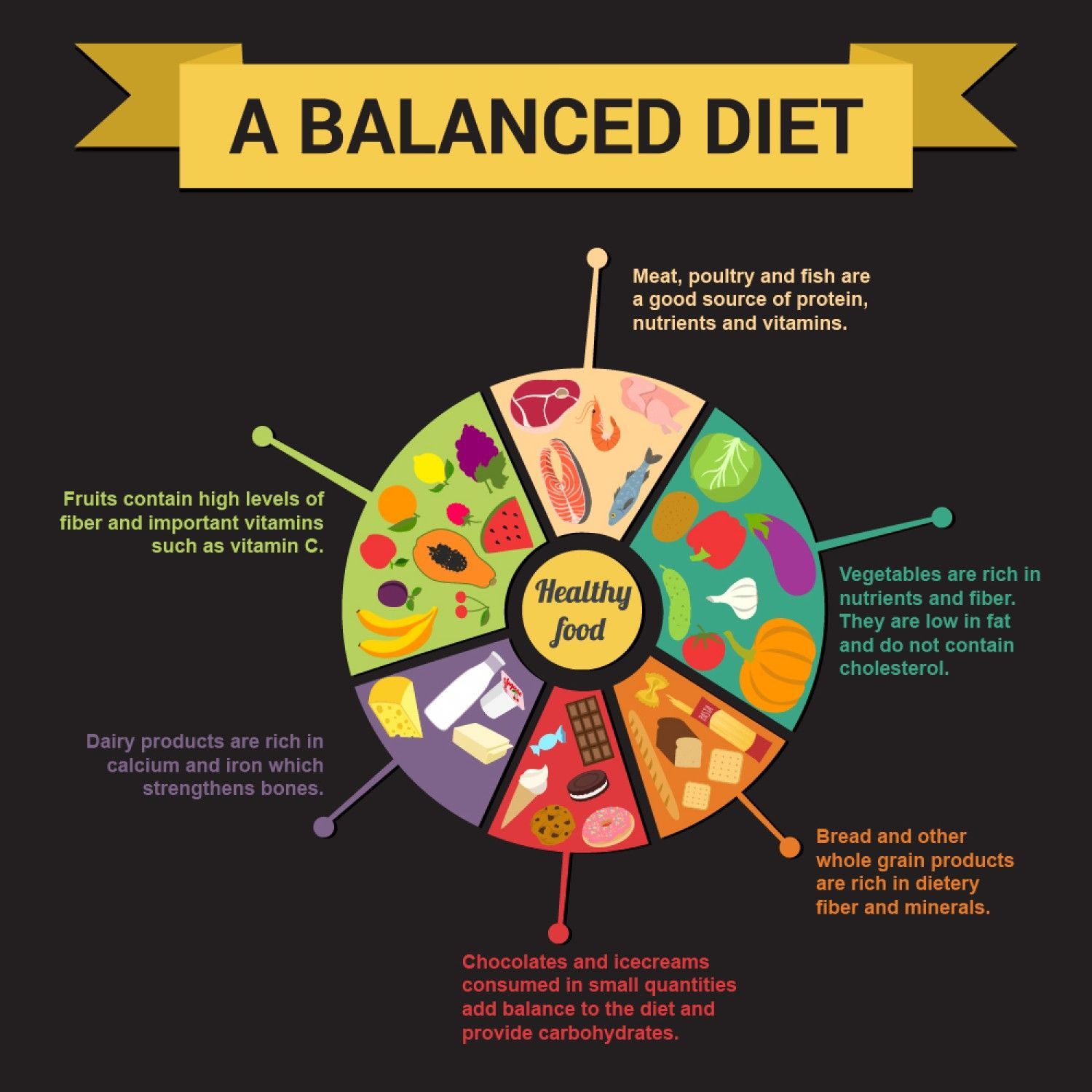Basics of Balanced Nutrition for a Healthy Lifestyle
When striving for a healthy lifestyle, one key element to consider is balanced nutrition. A properly balanced diet ensures that our bodies receive the necessary nutrients to function optimally and maintain good health.
Understanding the Importance of Balanced Nutrition
Balanced nutrition plays a vital role in maintaining a healthy weight, boosting energy levels, supporting brain function, preventing chronic diseases, and promoting overall well-being. By consuming a variety of nutrient-rich foods in appropriate portions, you can meet your body’s nutritional needs and experience numerous benefits.
Key Components of Balanced Nutrition
1. Macronutrients:
Macronutrients are the three essential nutrients that our bodies require in large quantities: carbohydrates, proteins, and fats. While carbohydrates provide energy, proteins are crucial for muscle growth, repair, and maintenance. Fats are necessary for various bodily functions and facilitate the absorption of vitamins.
2. Micronutrients:
Micronutrients are the vitamins and minerals that our bodies need in smaller amounts. These nutrients support various functions, such as cell growth, immune system maintenance, and preventing oxidative damage. Examples include vitamins A, C, D, E, and minerals like calcium, iron, and potassium.
3. Fiber:
Fiber is a crucial component of a balanced diet. It aids in maintaining bowel regularity, preventing constipation, reducing the risk of heart disease and certain types of cancer, and promoting weight management. Whole grains, fruits, vegetables, and legumes are excellent sources of dietary fiber.
The Basics of a Balanced Diet
1. Variety:
Include a wide range of foods from each food group in your diet. Incorporating fruits, vegetables, whole grains, lean proteins, and healthy fats ensures that you consume various essential nutrients. Eating a diverse array of foods also makes meals more enjoyable and prevents dietary boredom.
2. Portion Control:
Practicing portion control is vital to prevent excessive calorie intake. Be mindful of serving sizes and listen to your body’s hunger and fullness cues. Consider using smaller plates to help manage your portion sizes, and avoid mindless eating.
3. Moderation:
While it’s essential to enjoy an occasional treat or indulge in your favorite foods, moderation is key. Pay attention to the balance between your food choices to maintain a healthy intake of essential nutrients. Strive for a sustainable eating pattern that includes both nutritious foods and small indulgences.
Conclusion
In conclusion, balanced nutrition is fundamental for a healthy lifestyle. By understanding the importance of macronutrients, micronutrients, and fiber, and implementing the basics of a balanced diet, we can ensure that our bodies function optimally and maintain overall well-being. Remember, everyone’s nutritional requirements may vary, so consult with a healthcare professional or registered dietitian to create a personalized nutrition plan tailored to your specific needs.

